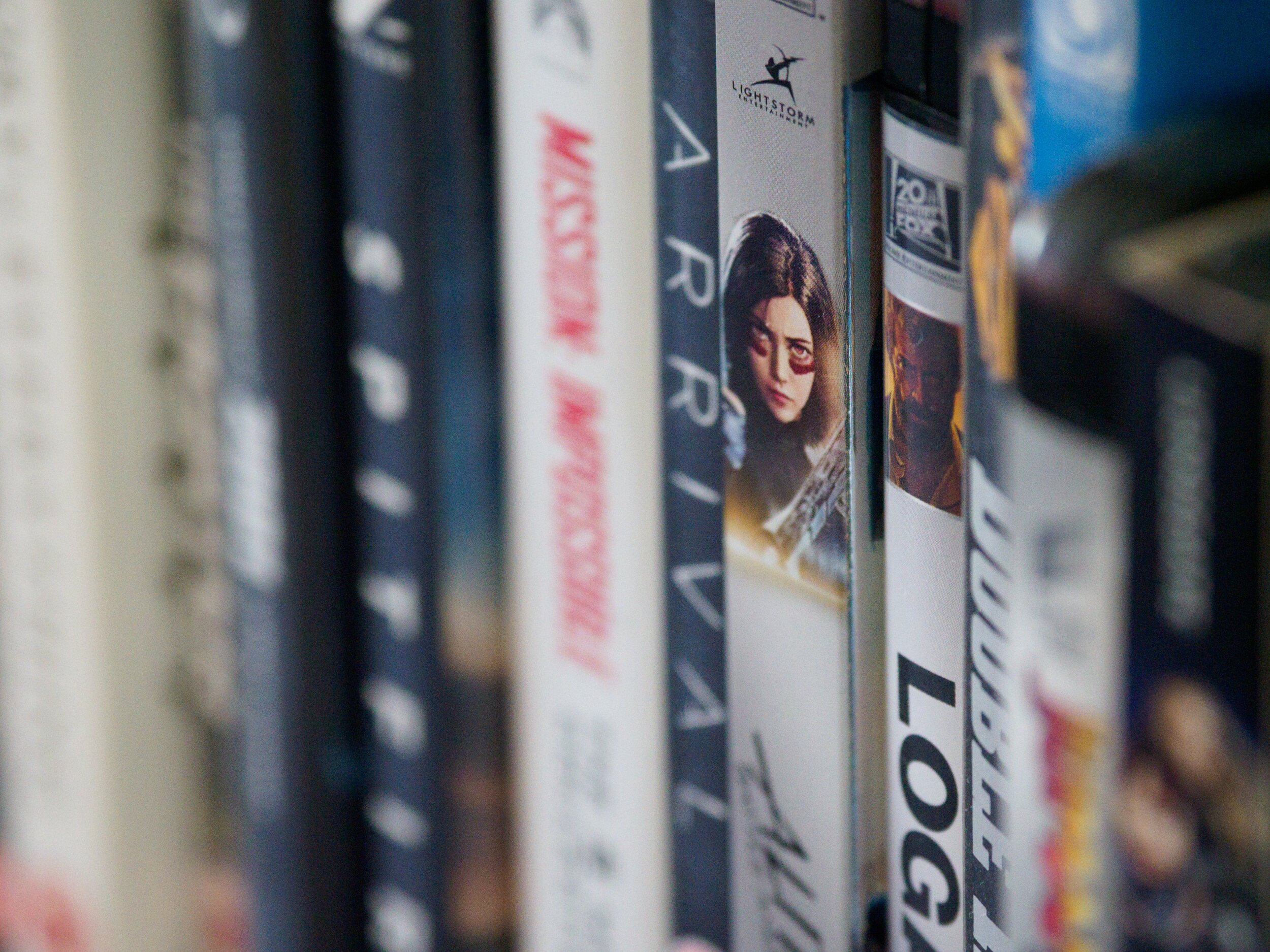The hypodermic needle peeked out of the ground cover next to the sidewalk, glistening a bit in the cool morning air.
My partner and I saw it on the way back from our local coffee shop and tried to figure out what to do.
I’m always surprised by how small hypodermics are — a cylinder with a few milliliters of liquid and a needle that’s only a centimeter or so long. But despite their size, they command so much energy and attention from those that use them.
Seattle has a homelessness and drug use crisis. They’re different facets of a complex, multifaceted system that stymies government and community groups alike.
But that’s an essay for another day.
Today I want to write about late adopters.
While my partner went to the house to get a plastic container that we could use to secure the needle, I stood watch over the needle in case a curious kiddo walked by out of reach of his family.
It was a lovely morning, and I said good morning to passers-by. As I smiled and greeted a woman who looked to be in her late 70s, I noticed that she had a Netflix envelope in her hand.
Like, the kind that you could use to send a DVD back after you’d watched it.
Huh! I didn’t know they still had those.
“What kind of movies do you watch?” I asked her.
“Oh, all kinds. Mostly family-friendly, some documentaries.”
What about streaming?
“Oh, I might get on that someday. But for now, I like my DVDs.”
Lovely!
My neighbor is very much a late adopter. Content with getting DVDs in the mail, she felt no particular pressure to join the streaming revolution.
I had found a late adopter.
Mailing DVDs worked well enough for her, and so she stuck with it.
Now, I don’t have an opinion on whether Netflix’s DVD-by-mail product (which operates through a subsidiary) should exist.
But I like that they are, at least for now, giving my neighbor what she wants.
I’m not exactly sure what it is, but the experts I support through change often focus on late adopters in their change process. They want to spend time, energy, and resources pushing challenging people toward change.
I think this impulse comes from a desire for completeness. In the puzzle that is change, high-achieving leaders want to know that they can be successful. They know that late adopters will be challenging, so they want to start working on them right away — making their case, convincing them — to ensure they have all the right pieces in place.
This strategy turns out to be counterproductive. Engaging with late adopters too early sucks the energy from your change.
Instead, start by focusing on early adopters who will champion your process. There are three benefits of this approach.
-
If done right, you’ll learn more working with them (they’ll bring energy, data, and suggestions to you).
-
You’ll create change that has an impact. Everyone in an organization rarely needs to make a change at precisely the same time.
Early adopters will start to experience the benefits of change as soon as they start doing things differently. If you make 30% of your organization better at something by 10%, that’s better than a change stalling because you’re spending all your energy trying to convince late adopters.
-
You’ll demonstrate success and create FOMO. Then, as early adopters start working in a new way, and as you iterate to refine your solutions, others will start to see the value of what’s been created and get interested.
You’ll be well-positioned to scale change across your organization rather than fight to get “buy-in.”
Now, late adopters may not be able to stay that way forever. They’ll move on, be asked to leave, or they’ll keep their corner of the world as it is, forgoing the benefits of the change.
They’ll still get DVDs when the rest of the world is streaming.
But that’s OK, as long as you’re willing to run the DVD business.
But imagine if Netflix had waited for everyone, my neighbor included, to be ready before they launched streaming.
That would be a mistake. Don’t spend so long with the late adopters that you never get started!
Change is hard enough as it is.
* * *
Want to get these articles in your inbox? Subscribe here to join the conversation and download a sample from Meltdown.

